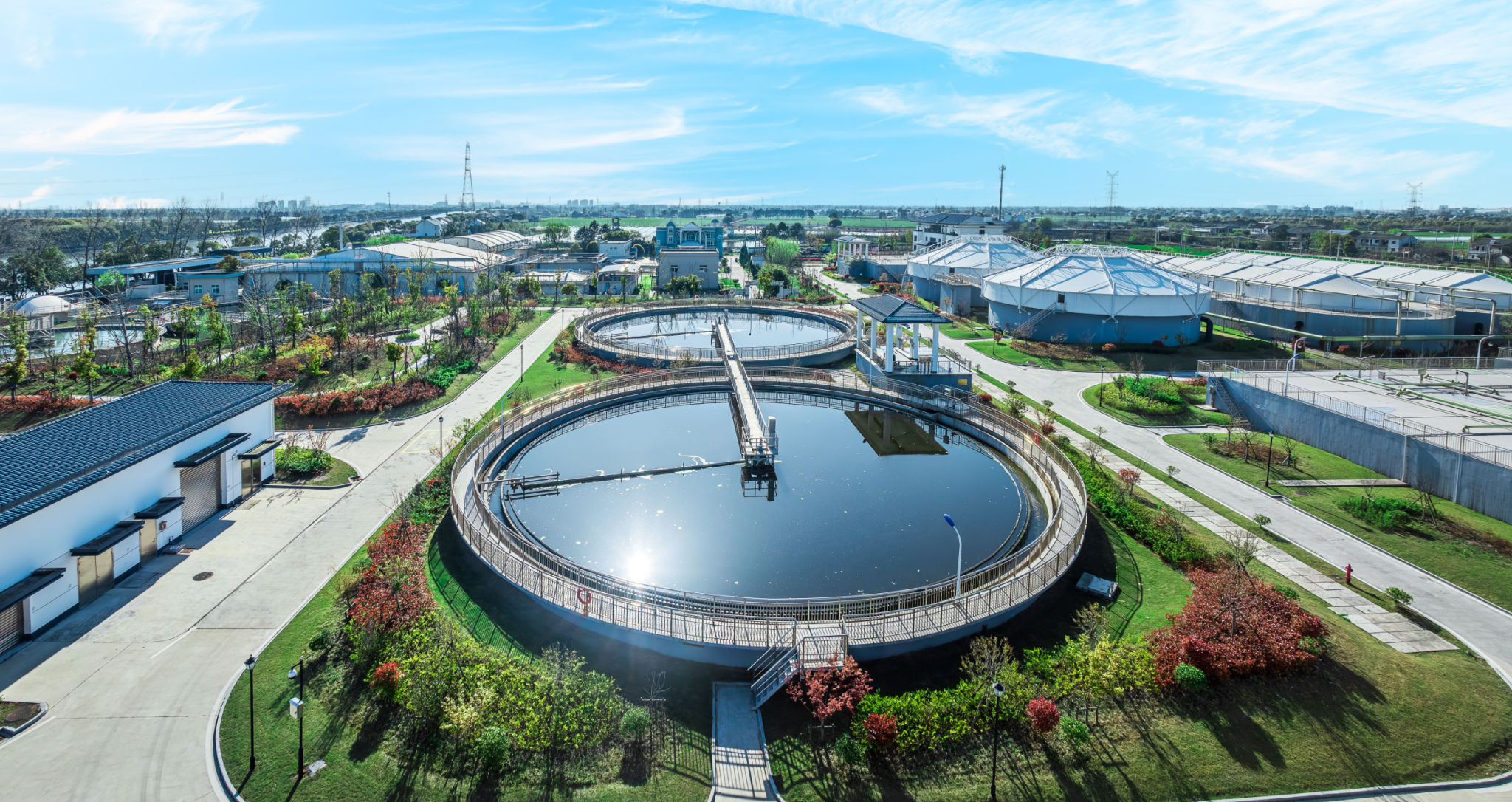The Impact of Local Regulations on Water and Wastewater Projects in Texas
Understanding Local Regulations
Water and wastewater projects in Texas are significantly influenced by local regulations. These regulations are designed to ensure the safety, sustainability, and efficiency of water management systems. However, navigating these rules can be complex, especially given the diversity of governing bodies involved.
The Texas Commission on Environmental Quality (TCEQ) plays a central role in overseeing water quality and environmental regulations. Additionally, local municipalities may have their own specific requirements, which can vary widely across the state. Understanding these regulations is crucial for successful project implementation.

Environmental Considerations
Environmental protection is a primary concern in water and wastewater projects. Regulations are in place to minimize the environmental impact of these projects. This includes managing pollutants, preserving natural water bodies, and ensuring sustainable resource use. Compliance with environmental laws is not just a legal obligation but also a commitment to protecting Texas's diverse ecosystems.
The TCEQ provides guidelines for environmental assessments and requires permits for projects that may affect water quality. These permits often involve detailed analysis and documentation, emphasizing the importance of early planning and consultation with regulatory bodies.
Permit Requirements
Obtaining the necessary permits is a critical step in any water or wastewater project. The permitting process can be time-consuming and requires thorough documentation of project plans. Common permits include those related to discharge, construction, and land use.

Impact on Project Timelines
Local regulations can significantly impact project timelines. Delays can occur due to the time required to obtain permits or respond to regulatory feedback. It is essential for project managers to factor in these potential delays during the planning phase to avoid budget overruns and missed deadlines.
Engaging with regulatory agencies early in the process can help streamline compliance and reduce the risk of unforeseen delays. Establishing a clear communication channel with local authorities can facilitate smoother project execution.
Community Involvement
Community involvement is increasingly becoming a part of regulatory processes. Public hearings and consultations are often required for major projects. Engaging with the community not only helps in meeting regulatory requirements but also builds public trust and support for the project.

Challenges and Opportunities
While local regulations can present challenges, they also offer opportunities for innovation. By adhering to strict environmental standards, companies are encouraged to adopt cutting-edge technologies for more efficient water management solutions. This not only benefits the environment but can also lead to cost savings and improved project outcomes.
Moreover, understanding and complying with local regulations can enhance a company's reputation as a responsible and sustainable operator, which is increasingly valued by stakeholders and customers alike.
Conclusion
The impact of local regulations on water and wastewater projects in Texas is profound. While they can pose challenges, these regulations are essential for ensuring environmental protection and public safety. By understanding these regulations and planning accordingly, companies can successfully navigate the complexities of compliance while contributing positively to Texas's water management landscape.

